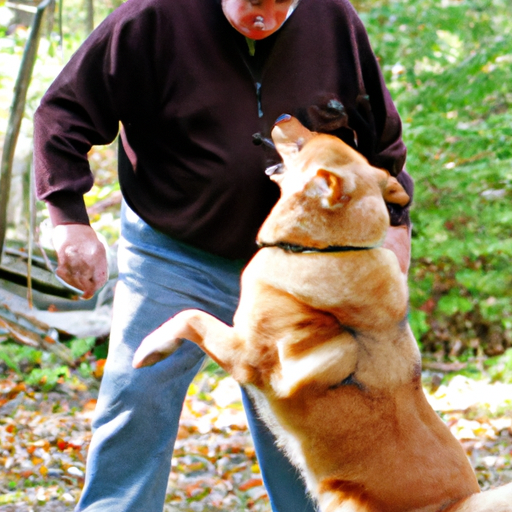As a caregiver, the well-being of your loved ones, both human and canine, is your top priority. This guide will empower you to manage aggressive dog behavior responsibly and compassionately, ensuring safety and harmony in your home.
1. Understanding the Roots of Aggression
Dogs often exhibit aggression as a reaction to a particular situation. It is crucial to understand the triggers that can cause aggressive behavior in dogs:
- Fear
- Territorial defense
- Protection of a loved one
- Dominance
- Pain or discomfort
Understanding these triggers will help you anticipate aggressiveness and take proactive steps to prevent it.
2. Identifying Signs of Aggression
Your dog can’t tell you they’re feeling aggressive, but they can show you. Recognizing these signs can help you defuse a potentially dangerous situation:
- Growling or baring teeth
- Stiffening body posture
- Prolonged, direct eye contact
- Snarling or snapping
3. Training Techniques to Counteract Aggression
Professional dog trainers often employ the following techniques to help manage aggressive dogs:
- Positive Reinforcement: Rewarding good behavior can discourage aggression. A treat, a favorite toy, or a good belly rub can work wonders!
- Redirection: If your dog is focused on something that triggers aggression, redirect their attention to something more positive.
- Desensitization: Gradually expose your dog to their trigger in a controlled setting to lessen their aggressive response.
4. When to Seek Professional Help
Sometimes, despite your best efforts, your dog’s aggression might be beyond your control. Contact a professional dog trainer or a behaviorist if:
- The aggression is directed towards people, especially children
- The aggression is getting worse
- You feel unsafe around your dog
5. Preventive Measures to Avoid Aggression
There are several long-term strategies that can help prevent aggressive behavior:
- Socialize your dog from a young age
- Regular exercise to expend energy
- Regular vet check-ups to rule out medical issues
- Balanced diet for overall health
FAQ
Q: My dog suddenly became aggressive. Why is this happening?
A: Sudden aggression could be a sign of an underlying medical issue. It’s best to consult a vet immediately.
Q: Can any breed of dog become aggressive?
A: Yes, any dog breed can exhibit aggressive behavior. It’s more about behavior than breed.
Q: Can an aggressive dog be cured?
A: While each dog is unique, most cases of aggression can be managed or significantly reduced with proper training and care.
Q: Is it safe to have an aggressive dog around children?
A: It’s best to keep aggressive dogs away from children until the dog’s aggression is under control. Always supervise interactions between dogs and children.
Q: Can neutering or spaying my dog reduce aggression?
A: In some cases, neutering or spaying can reduce aggression, particularly if the aggression is hormonally driven. However, it’s not a guaranteed solution and professional guidance should be sought.



